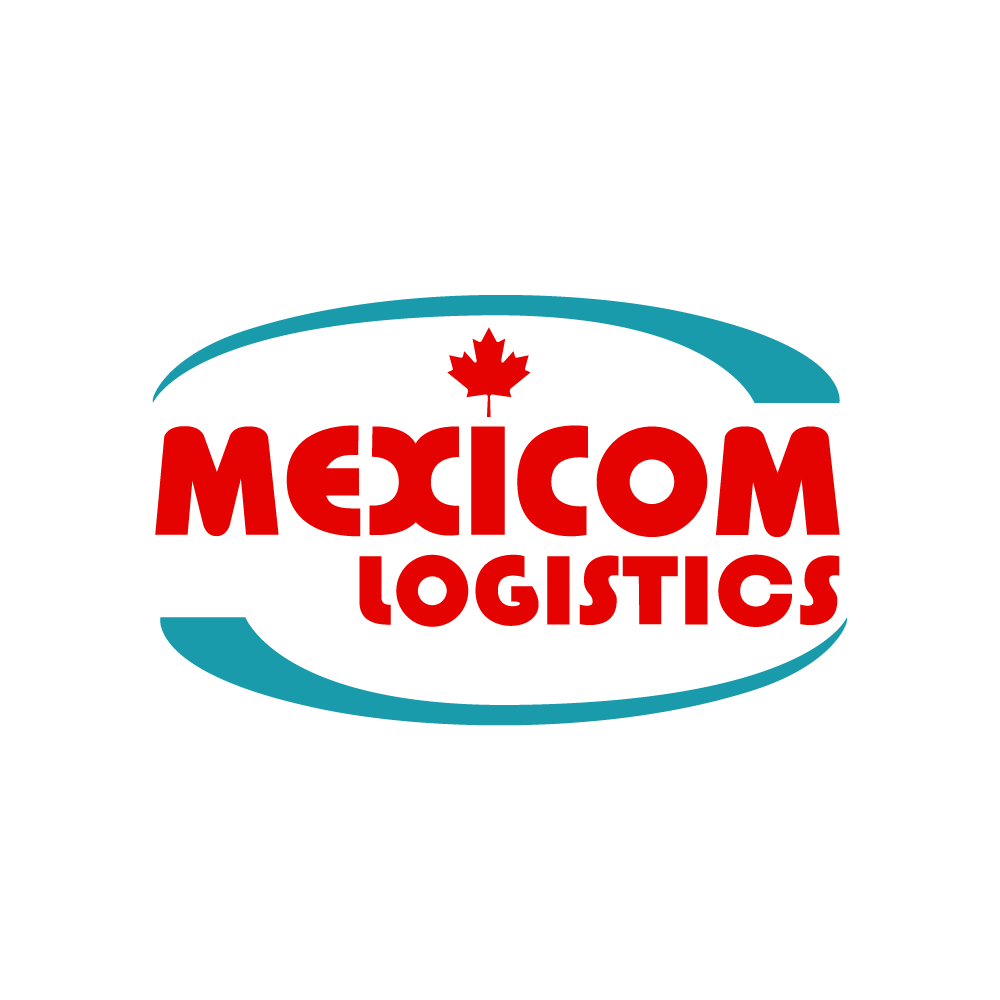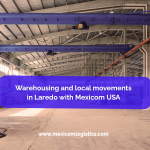Suez Canal blockade impact on freight in North America
Will the Suez Canal blockade have an impact on supply chains in North America?
The ship Ever Give, fully loaded with containers and 100 meters larger than the Eiffel Tower, got stuck and closed the Suez Canal for almost a week. The importance of this incident lays in the link between the Mediterranean and the Red Sea in Egypt. 30% of containers around the world go through this Canal to reduce their transit time up to 40%.
How did they manage to move it so fast?
In each one of the 6 days, the ship remained stuck, there were added 60 cargo boats, tankers with oil and water, to bottlenecks in supply chains around the world. These jams were caused by the Covid-19 pandemic, resulting in irreversible money losses and even more stress on top of the already distended supply chains.
At the beginning of the crisis, experts considered that it would take weeks of work to move the ship, but a fortunate mix between weather, high tide, and an experienced team made it possible to move it after only six days.
Once the Ever Give was unstuck, it took only five more days, according to the Canal de Suez Authority, to let the 422 ships that were in line behind them to go through.
Suez Canal blockade impact in North America
The effects of the Suez Canal blockade in North America will not be so evident, but it will add an element of stress to the already distressed supply chains that suffer because of the changes in supply and demand after the Covid-19 pandemic, the container imbalance, the jammed ports, and the driver shortage.
End users will see the effects of a slight increase in fuel price and some common goods, such as toilet paper and coffee. Besides, there could be a delay in petroleum derivatives, some chemicals, and products assembled in Europe before being sent to the United States or Canada.
In the case of products that companies sent already assembled from Asia, it is unlikely that any delay at all could be noticed since they are sent across the Pacific Ocean.
How to build a resilient supply chain?
Transformational logistics involve four interconnected components to develop sustainable and resilient supply chains:
- Processes and logistics infrastructure: restructure management processes and adapt physical resources to new circumstances.
- Knowledge: being aware of the potential and limitations of operating models.
- Confidence: resilient supply chains are confident in what they can achieve, without losing sight of their goals and with great confidence in what they can achieve.
- Facing difficulties as opportunities: supply chains with a high level of resilience are capable of reacting strongly to any adverse event.
You can read more about this subject in our post about resilient and sustainable supply chains.
MEXICOM LOGISTICS IS A 3PL DEDICATED TO OFFERING RELIABLE TERRESTRIAL FREIGHT TRANSPORTATION AT AFFORDABLE PRICES THROUGH NORTH AMERICA. FIND OUT MORE ABOUT OUR SERVICES HERE.
Sources:
https://www.forbes.com.mx/crisis-del-canal-de-suez-preocupa-a-empresas-de-eu-y-europa/
https://www.bbc.com/mundo/noticias-56529362
https://www.usatoday.com/story/money/2021/03/26/suez-canal-blockage-how-impact-consumers/7010047002/
https://www.forbes.com.mx/internacional-ever-given-suez-termina-rezago/








![[INFOGRAPHIC] ABC of land freight forwarding](https://mexicomlogistics.com/wp-content/uploads/2021/03/infografia-3-150x150.png)
